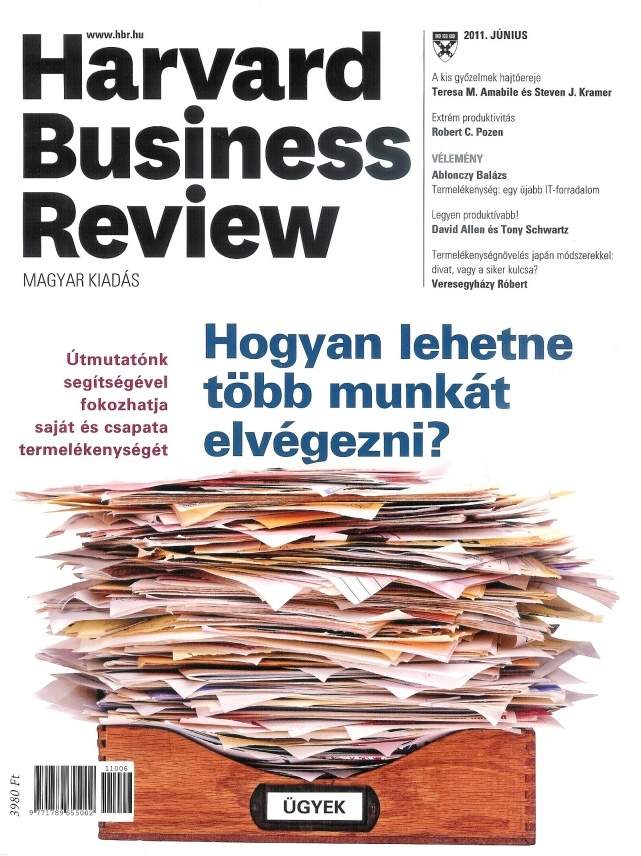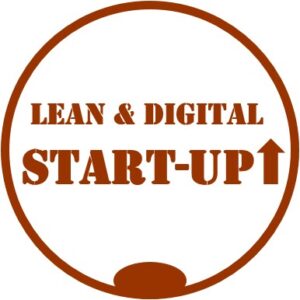How can lean supercharge startup development?
How does lean management apply to business development at all?
The roots of lean management is in the Toyota Production System, which helped Toyota (once a fairly small company) to become the No. 1 car manufacturer in the world.

The concept is very complex and diverse. I started to study it in Japan more than two decades ago. It took me more than 10 years to master it, and to become one of the most recognized lean consultants in Hungary (more about it in the About Us page). In 2011 I was asked by the editor-in-chief to write a paper for the Hungarian edition of the Harvard Business Review about lean management and manufacturing with the title: Productivity Improvement with Japanese Methods: a Fashion or the Key to Success?
Returning to lean, what we need right now, is perhaps the concept which is the easiest to digest:
In an organization our main goal is to provide value for the customer, and we should systematically and thoroughly eliminate all kinds of waste (human activities, inventory, processes – you name it) on the way. We should provide only what the customer needs, when and where they need it.
Now, can you imagine anything more wasteful, than to develop a product or service the customer simply doesn’t need? Or at least doesn’t want at the price we can offer it?
If that happens, this can easily lead to the complete (and often fatal) failure of a startup, or any other kind of business.
Not surprisingly, one of the core concepts of the lean startup methodology is the Minimum Viable Product (MVP). You can read a lot about this subject on the website. It is even more widely discussed in my eBook: In Search of the Lean Startup, therefore I won’t go into details right now.
Needless to say, we often apply this concept in our own businesses.
The Lean Canvas itself is not something you can find in lean management books, so we devoted a separate page to the subject. In order to validate or invalidate the assumptions in the lean canvas, you have to run a number of experiments. And the best tool to support that activity is the A3 report by Toyota. By the way, we have developed our own version for lean startups, and it is part of the Lean Startup Tools we offer on the website (the Lite version is free).
The lean methodology is so diverse and well thought out, that it can be applied to many more areas (in his first book Eric Ries picked the question of inventor, as an example). By now lean has been widely adapted to be applicable not only in manufacturing, but in many more areas and many other kind of organizations, such as health care, banks, office work in general and so on.
The application of lean to startup development has started a little more than ten years ago. By now the lean startup movement has taken its roots in dozens of countries and in every continent. Our team works hard to make the best use of our two decades of lean know-how and experience and adapt even more tools for the lean startup. The results will be the subject of another blog post, or perhaps another book.
